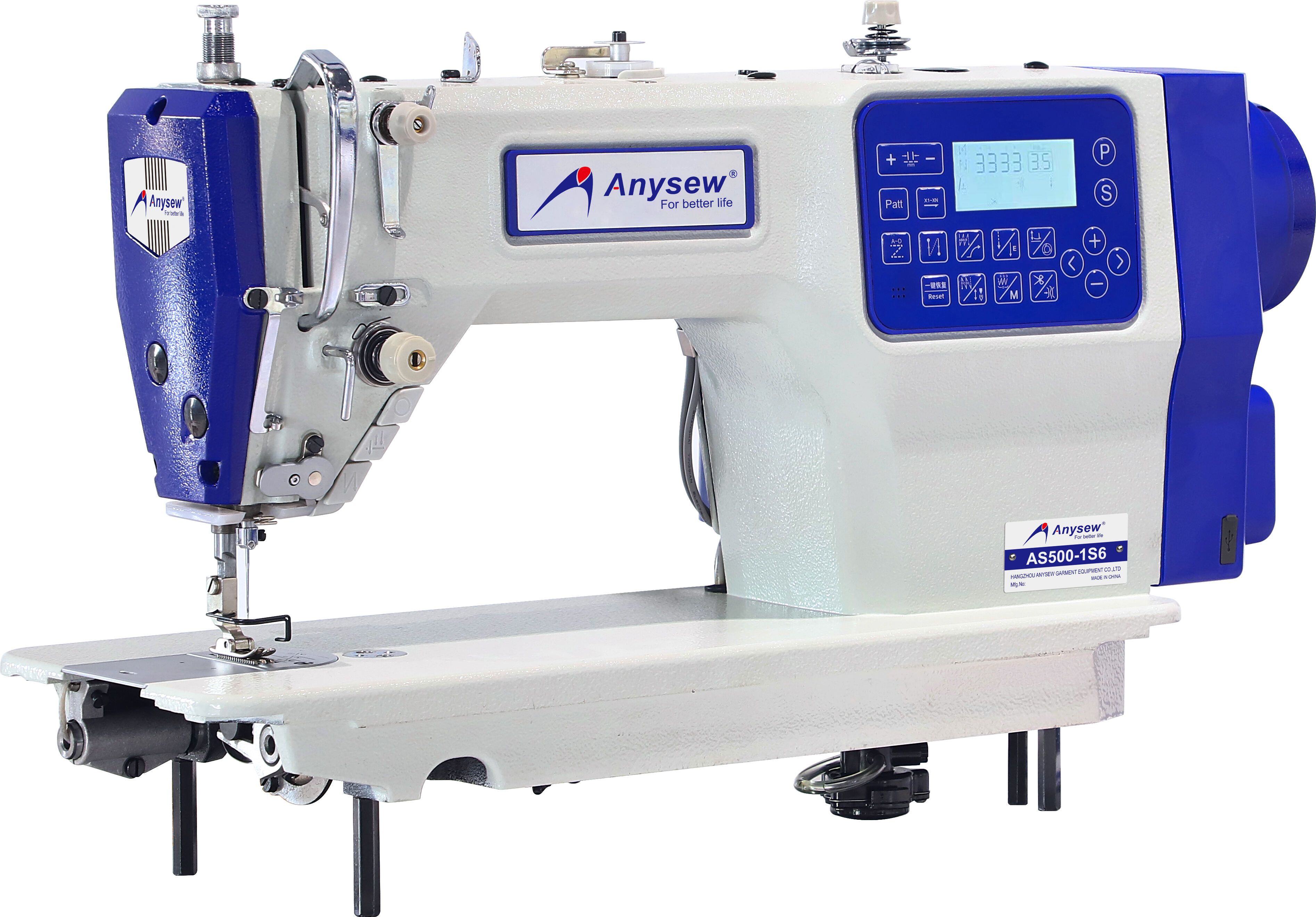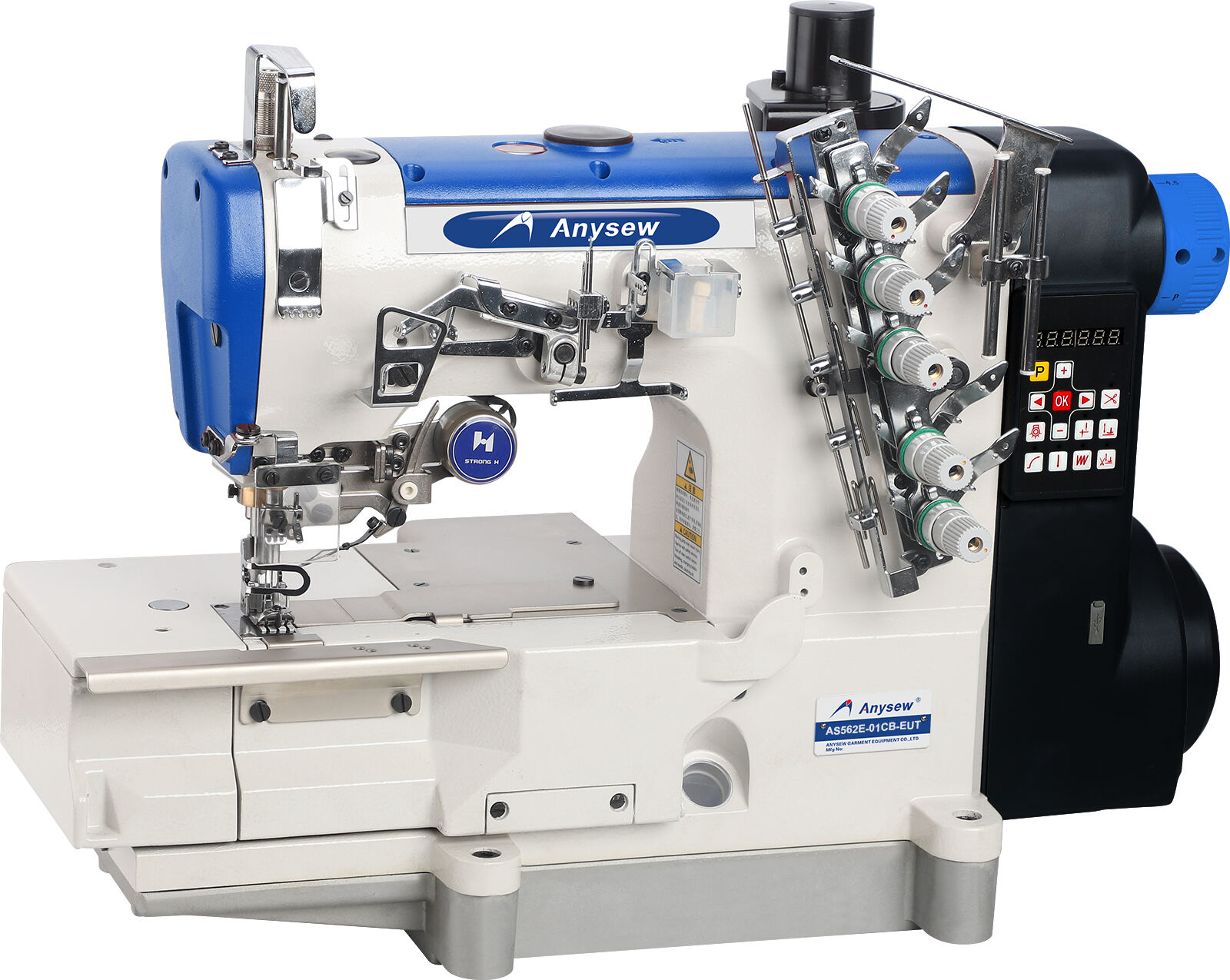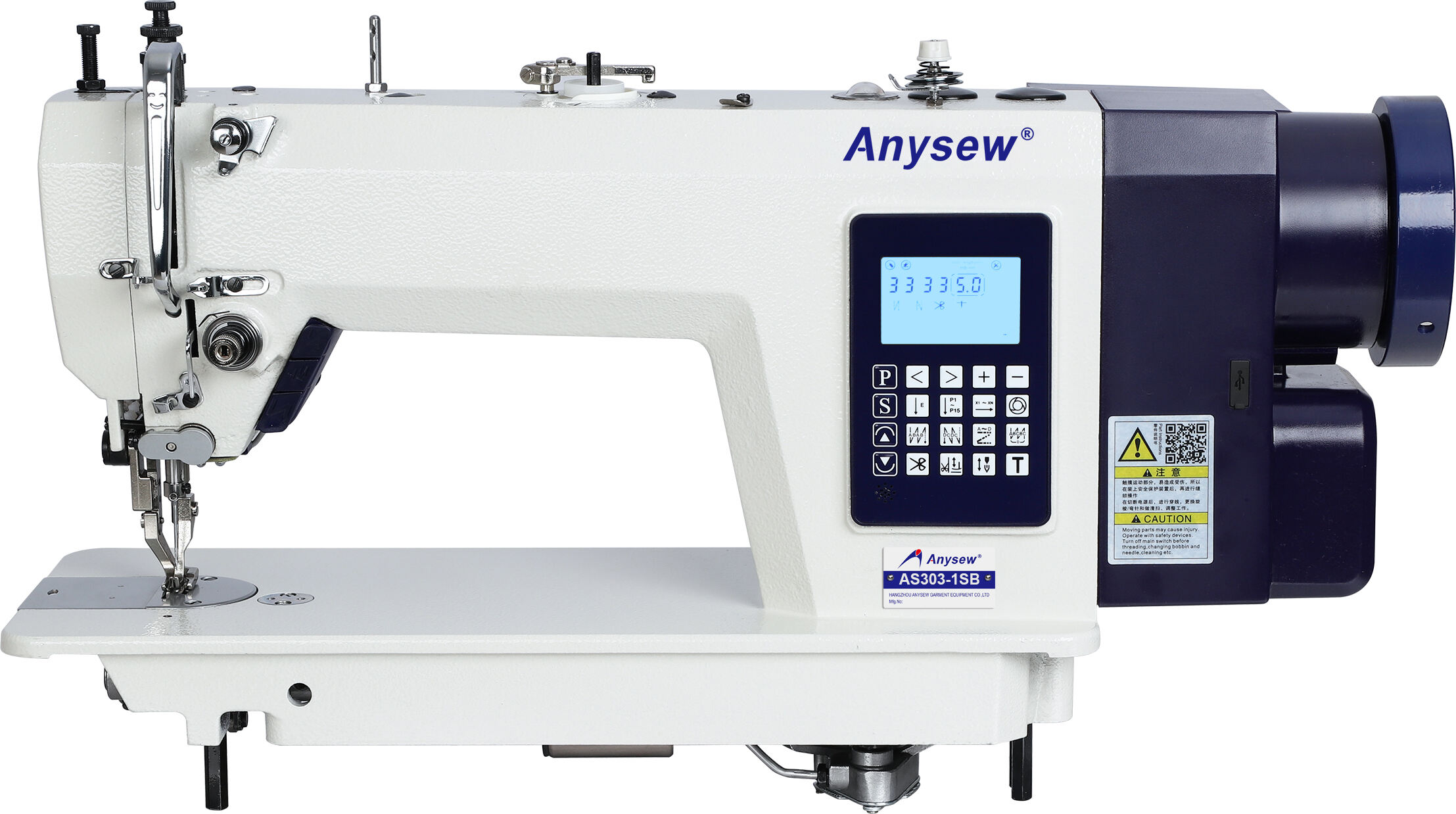types of sewing machine
Sewing machines come in several distinct types, each designed for specific purposes and skill levels. Mechanical sewing machines represent the traditional, manually operated models that offer basic stitching functions through dial controls. These machines are reliable, easy to maintain, and perfect for beginners. Electronic sewing machines incorporate computerized components, featuring LED displays, automated threading systems, and multiple built-in stitch patterns. They offer precision control and consistent results for both home and professional use. Computerized sewing machines represent the pinnacle of modern technology, equipped with touchscreen interfaces, wireless connectivity, and extensive pattern libraries. These machines can store custom designs, automatically adjust tension, and provide real-time stitching guidance. Overlock or serger machines specialize in creating professional-grade seam finishes and decorative edges, while embroidery machines focus on creating intricate designs and patterns on fabric. Industrial sewing machines are built for heavy-duty commercial use, featuring high-speed operation and specialized functions for specific materials and techniques. Mini or portable sewing machines offer compact solutions for basic repairs and travel needs, making them ideal for occasional use or small spaces.


